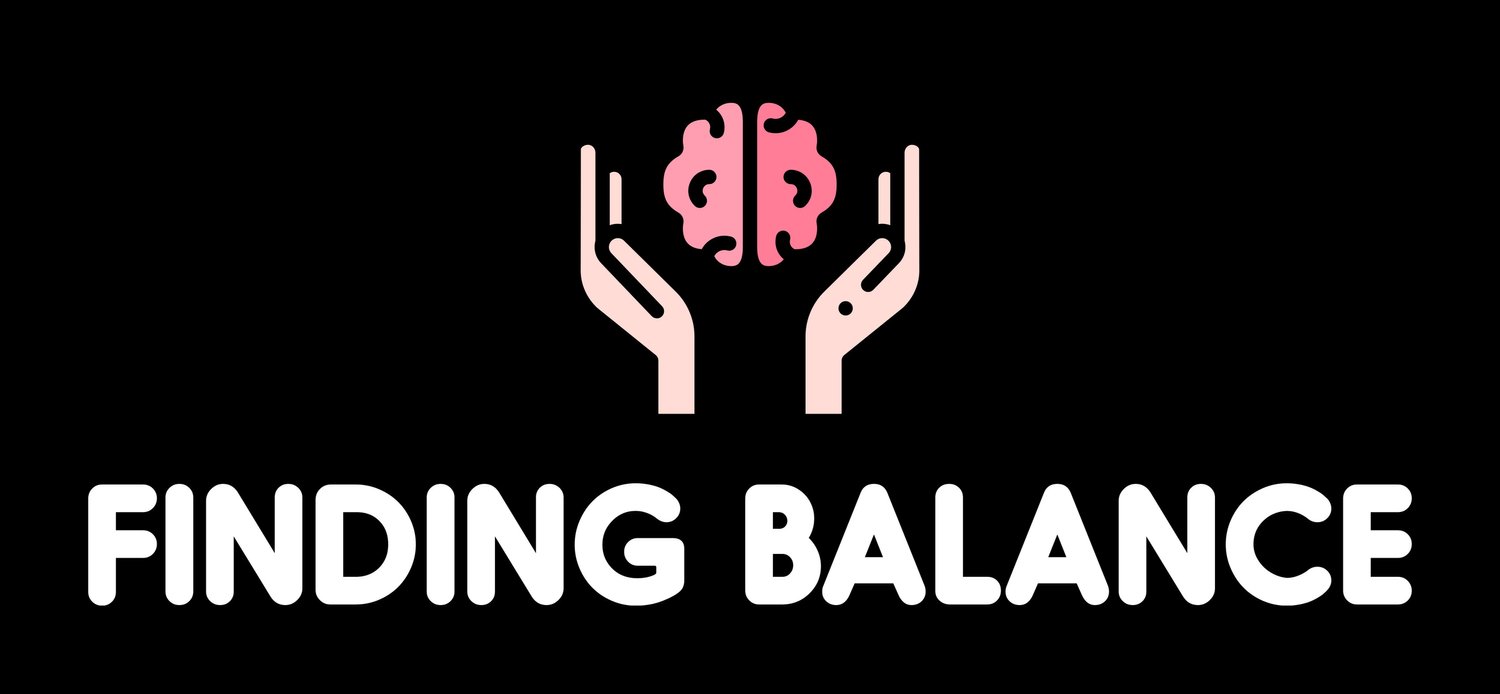The Beginners Guide to Meditation
Picture this: it's a typical day, and you're feeling overwhelmed by the stresses of life. You've heard about meditation's benefits and decided to try it, but you need help figuring out where to start.
You find a quiet space in your home, close your eyes, and take a deep breath. At first, your mind is racing with thoughts and distractions. But as you focus on your breath and let go of these distractions, you start feeling a sense of peace.
You begin to feel more connected to your body and the present moment. You notice the sensation of your breath moving in and out of your body, and it feels soothing.
As you continue meditating, you feel a sense of release from the stress and anxiety weighing on you earlier. You start to feel more centered and grounded, with a newfound clarity and understanding of purpose.
You realize that even a few minutes of meditation daily can significantly impact your mental well-being. Moreover, it’s a practice you can easily incorporate into your daily routine, whether in the morning or before bed.
With some practice and patience, you can make meditation a regular part of your self-care routine. It's a powerful tool for reducing stress, improving mental well-being, and cultivating inner peace.
Let’s review the steps below:
Find a quiet space: Choose a quiet area where you won't be interrupted. This could be a spare room, a quiet corner in your home, or even outside in nature.
Get comfortable: Sit in a comfortable position with your back straight and your hands resting in your lap. You can sit on a cushion or a chair, whatever works best for you.
Focus on your breath: Close your eyes and take a few deep breaths. Then, focus on the sensation of your breath going in and out of your body. You can count your breaths or use a mantra to help you focus.
Let go of distractions: Thoughts will inevitably arise during meditation. When this happens, acknowledge the thought and let it go. Please focus on your breath or your mantra.
Start small: Start with just a few minutes of meditation each day and gradually increase the time as you become more comfortable. Even just a few minutes a day can significantly impact your mental well-being.
Be patient: Meditation is a practice that takes time to develop. So keep going if you find it difficult at first. Then, you can stick with it and see progress over time.
Seek guidance: If you're struggling with your meditation practice, consider seeking advice from a meditation teacher or group. They can offer tips and support to help you deepen your practice.
Meditation is a powerful tool for reducing stress and improving mental well-being, well-beingivating inner peace. With some practice and patience, you can make meditation a regular part of your self-care routine.

